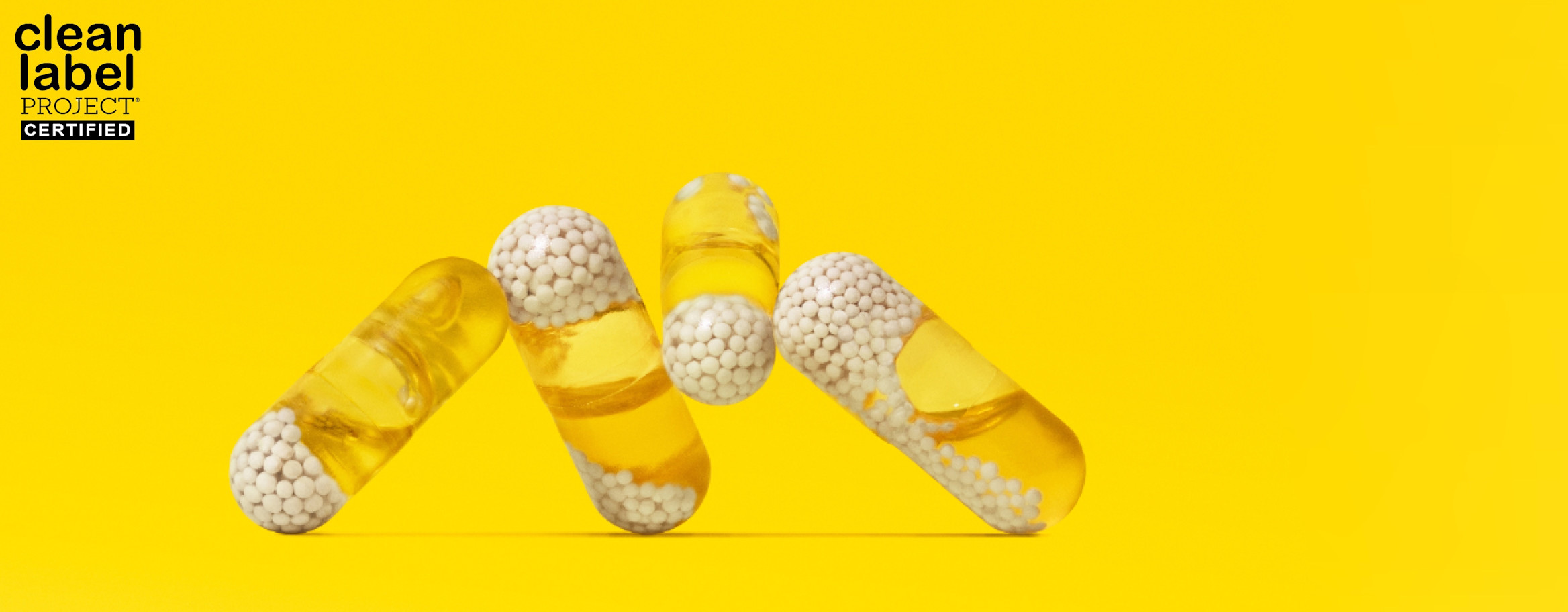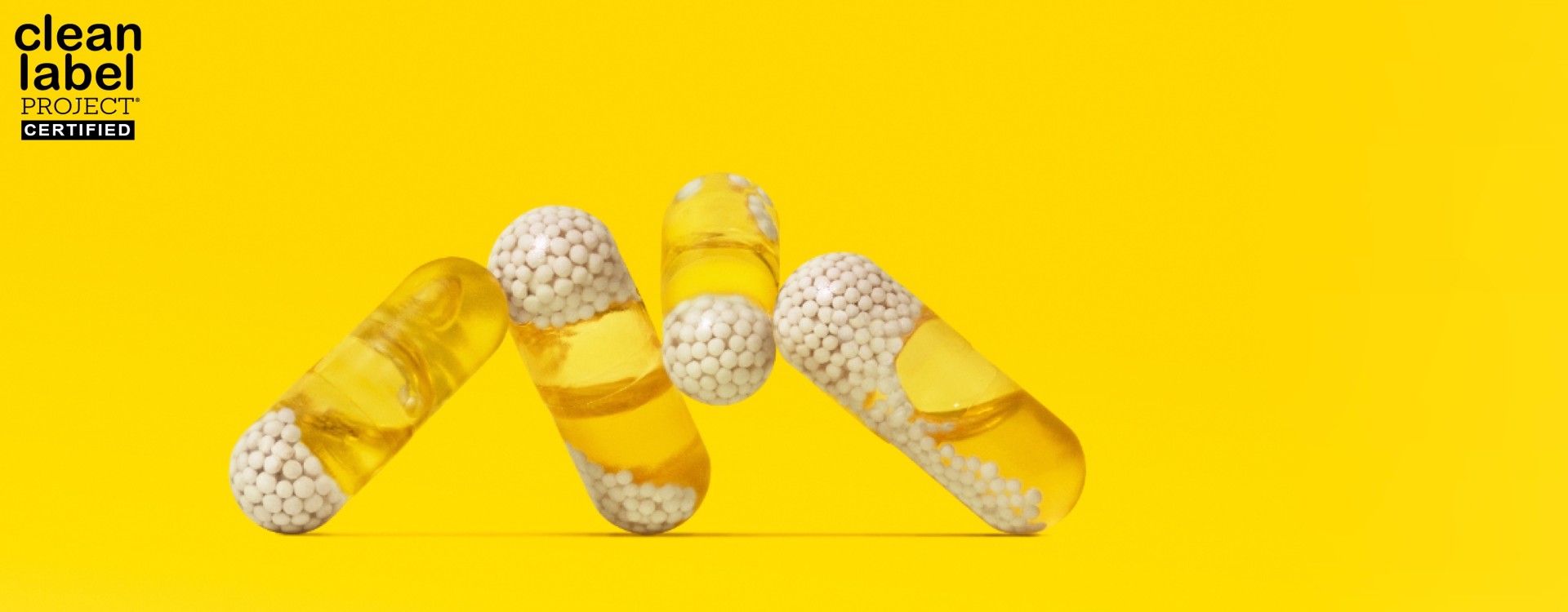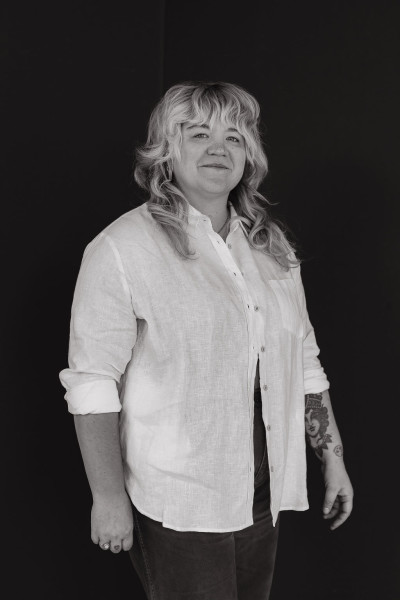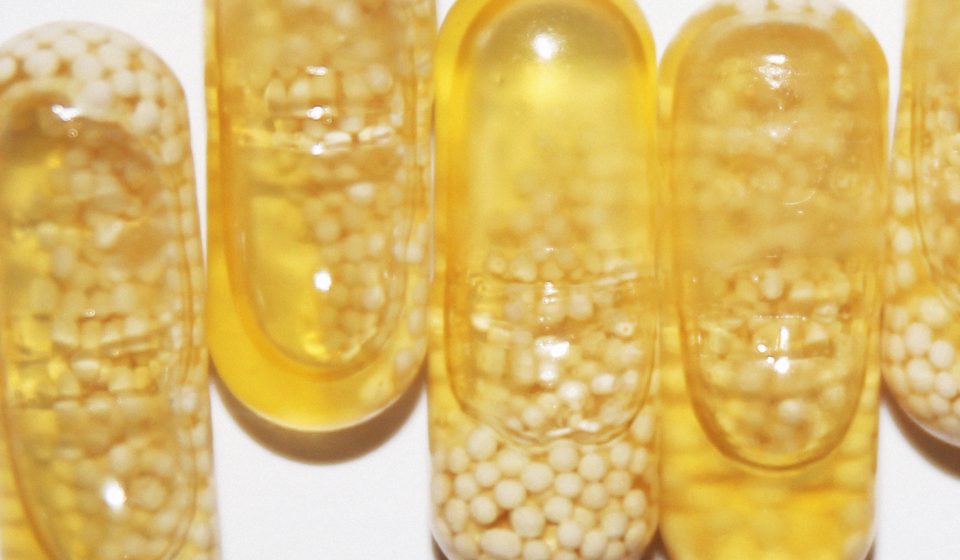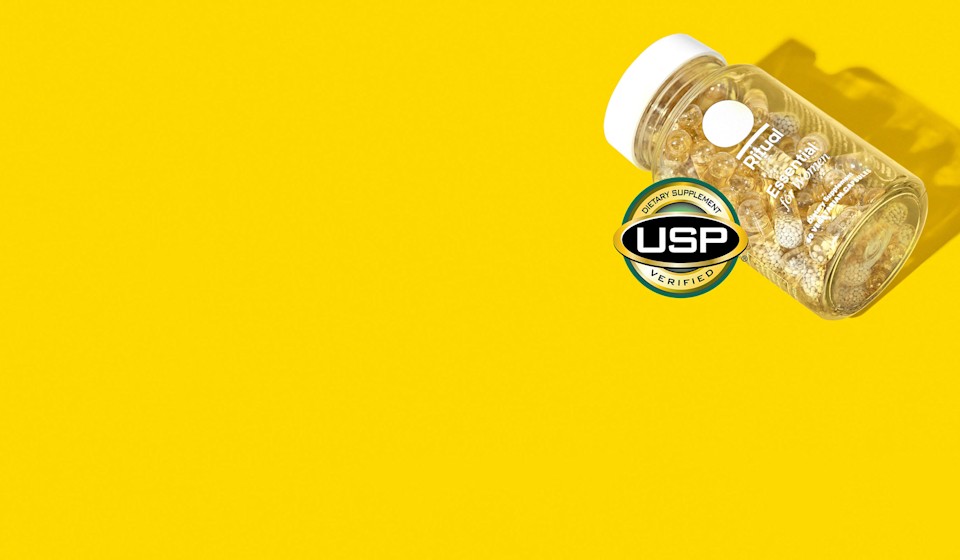Essential Takeaways
• Ritual is built on transparency and traceability, and the Clean Label Project Certification serves to keep us accountable to doing better, always.
• All of our products are now Clean Label Project™ certified. Only less than 2% of supplement companies have one or more products Clean Label Certified. Pretty cool, huh?
• On top of that, our Essential Prenatal Multivitamin, Essential Postnatal Multivitamin, and Essential Protein have also been awarded the Clean Label Project™ Purity Award.
Transparency and traceability reign supreme at Ritual. We believe you deserve to know exactly what you’re putting into your body, where it came from, and why. This is why we’re excited to announce that our whole line of multivitamins and protein powders are now Clean Label Project™ Certified, including a special Purity Award for our prenatal multivitamin, postnatal multivitamin, and entire line of protein powders.
What Is the Clean Label Project?
The Clean Label Project™ is a national nonprofit with the mission to “bring truth and transparency to food and consumer product labeling.” In the U.S., the basis of food and consumer safety is focused mostly on pathogen and microbiological contaminants, but in recent years, more attention has been paid to the health consequences of heavy metal exposure, pesticide residues, and plasticizers—information that isn’t always readily available. The Clean Label Project™ is committed to changing the definition of food and consumer data through the use of data, science, and transparency. It awards brands with products that focus on purity and surpass the minimum regulation requirements required by the U.S. Food and Drug Administration (FDA).
